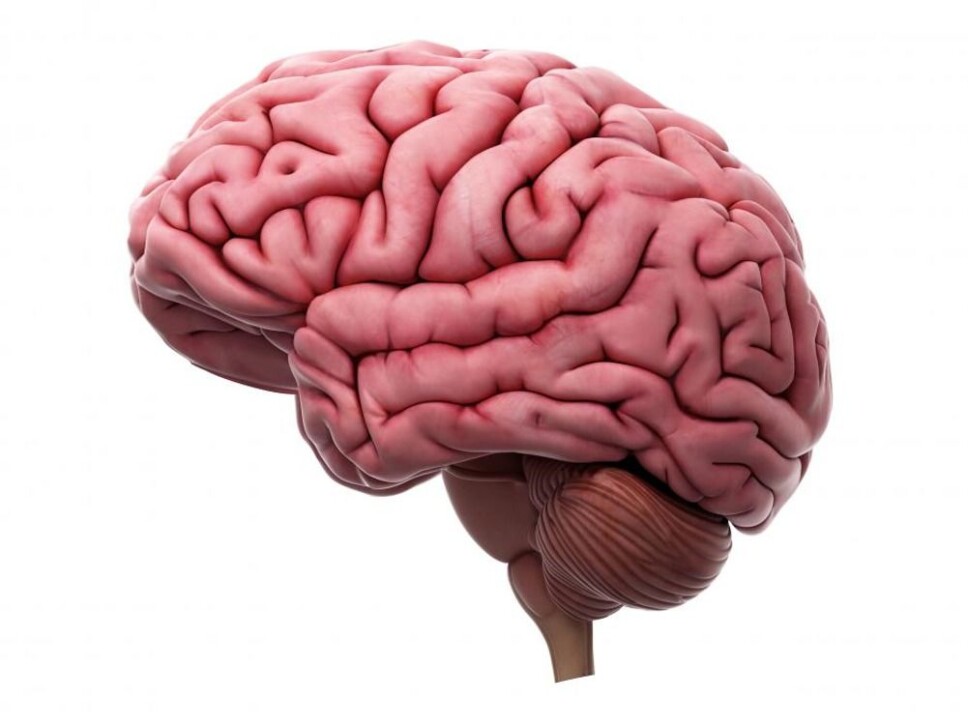Researchers' Zone:

Brain researchers want to know how you take care of your brain
One in three will develop a brain disease in their lifetime, and we know that lifestyle influences brain health. Find out how you can help researchers understand what motivates people to take care of their brain.
We live in an interesting, demanding and changing world. Our brains are constantly busy making sense out of the signals from our bodies, feelings and thoughts, and our social and physical surroundings.
We need a healthy and balanced brain for making wise decisions in order to achieve our goals and potential.
Now you can help science getting better at understanding how we can ensure the brain stays healthy!
We are a group of dedicated researchers from the European project Lifebrain, who recently started the Global Brain Health Survey to gain insight into how you view brain health in general and how interested you are in taking care of your brain.
What are we looking into?
One in three will develop some kind of brain related disorder in their lifetime. Thus, brain health is important for most people directly or indirectly.
Brain health is about taking care of your mental health (how you feel and cope with life) and your cognitive health (your ability to think, learn, and remember).

We want to know whether you are interested in knowing more about your brain health by taking brain health tests, and what you are willing to do for maintaining or improving your brain health.
We need insight to develop practical advice and recommendations for brain health promotion, even on a personalized level.
In the Lifebrain project, our goal is to identify factors and circumstances at different stages of life that may maintain, improve or impair brain health – emotionally and psychologically, as well as our ability to learn and remember.
Brain health is important for preventing brain disorders
Brain disorders such as stroke, dementia and psychiatric conditions like schizophrenia and ADHD have extensive personal costs and a severe negative impact on our society and economy. In spite of this, few countries have strategies to prevent brain disorders and help citizens take care of their brain.
Brain health and general health are intimately linked to lifestyle. The negative health effects of smoking, drinking too much alcohol or being overweight are well documented but rarely related to brain health.
In Lifebrain, we want to make sure that any new insights we gain are accessible and tailored to people’s needs. To do this, we need your opinion about brain health.
Take the Global Brain Health Survey now and spread the word!
More than 12,000 people have already taken the survey, but we need many more answers!
We developed the survey from conducting in depth-interviews with participants in ongoing Lifebrain studies in four European countries.
These interviews showed that our participants paid little attention to the brain but wanted to know more about brain health.
We hope that you will use a little time to help us improve the health of one of our most valuable organs.
The Lifebrain project started in 2017 and received 10 million Euro from the European Horizon 2020 framework

References:
- 'Are People Ready for Personalized Brain Health? Perspectives of Research Participants in the Lifebrain Consortium'. The Gerontologist, 2019. DOI: 10.1093/geront/gnz155
- 'The economic cost of brain disorders in Europe.' Eur J Neurol., 2012. DOI: 10.1111/j.1468-1331.2011.03590.x
- 'Healthy minds 0-100 years: Optimising the use of European brain imaging cohorts ("Lifebrain")'. Eur Psychiatry, 2018. DOI: 10.1016/j.eurpsy.2017.12.006.
- 'The size and burden of mental disorders and other disorders of the brain in Europe 2010.' Eur Neuropsychopharmacol., 2011. DOI: 10.1016/j.euroneuro.2011.07.018.
- 'Disease burden and mortality estimates 2000-2016'. World Health Organization, 2016.
- 'People know little about brain health but want to know more', 2019, Norwegian Institute of Public Health Search





